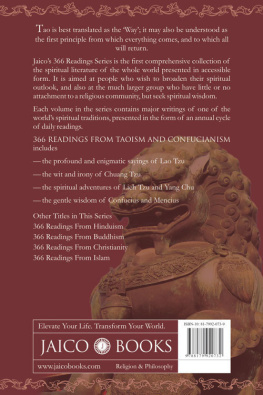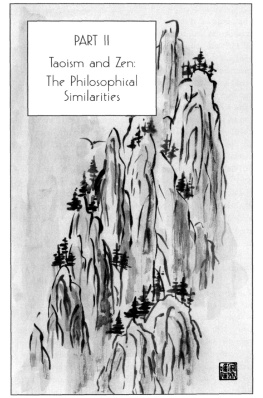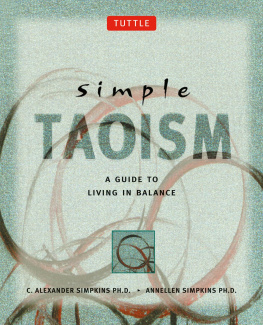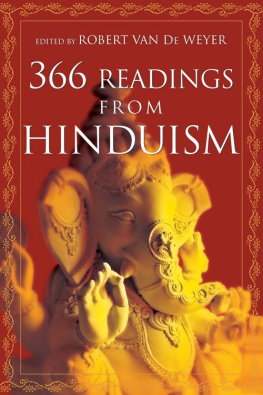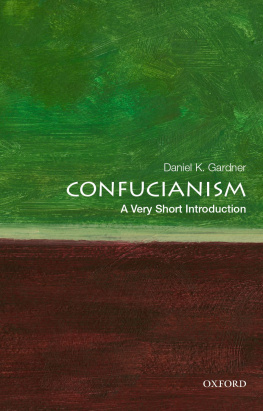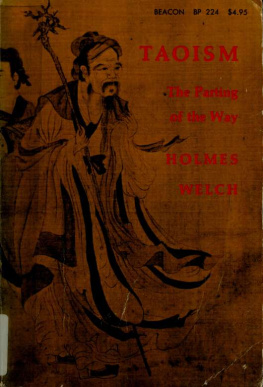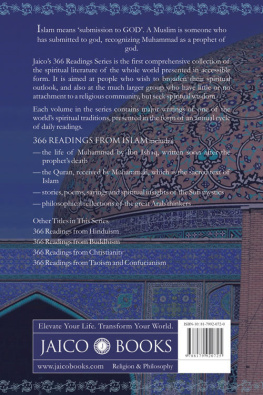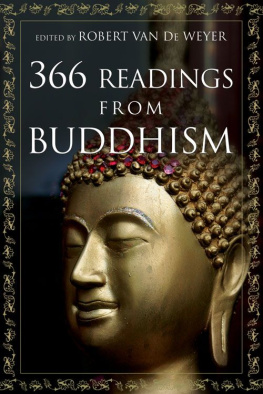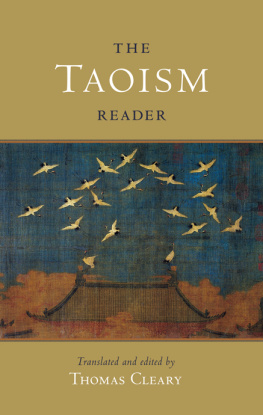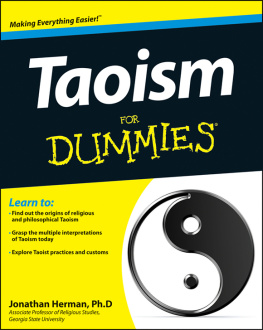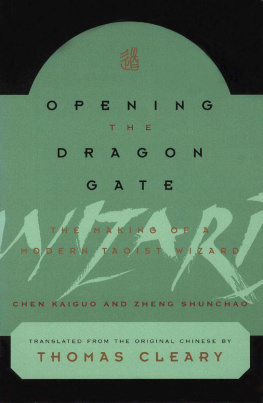About Jaico Publishing House
Founded fifty-seven years ago, Jaico Publishing House has published over 1,600 titles in a diverse range of subjects such as adult and childrens literature, history, humor, games, religion, philosophy, health, psychology and self-improvement. Our eminent authors include Sri Sri Paramahansa Yogananda (Autobiography of a Yogi), Khushwant Singh, Mulk Raj Anand, Kamala Markandaya, Eknath Easwaran, Nirad Chaudhuri, M.V. Kamath, Sarvapalli Radhakrishnan, Frank Morris, G.D. Khosla and Osho (Rajneesh).
Over the past two decades, Jaico has expanded its horizons to become a leading publisher of educational and professional books in business management, engineering and technology. Our college level textbooks and reference titles are used by students countrywide. The success of our academic and professional titles is largely due to the efforts of our Educational and Corporate Sales Divisions.
Mr. Jaman Shah, our late founder, established Jaico in 1946 as a book distribution company. Sensing that independence was around the corner, he aptly named his company Jaico (Jai means victory in Hindi). In order to tap the significant demand for affordable books in a developing nation, Mr. Shah initiated Jaicos own publications. Jaico was Indias first publisher of paperback books in the English language.
In addition to publishing its own titles, Jaico is a major distributor for its own books as well as those of leading global publishers such as McGraw Hill, Pearson, International Thomson and Elsevier Science. With its headquarters in Mumbai, Jaico has other sales offices in Delhi, Kolkata, Bangalore, Chennai, Hyderabad, and Ahmedabad. Our sales team of over forty executives, direct mail order division, and website ensure that our books effectively reach all urban and rural parts of the country.
READINGS
FROM
TAOISM AND
CONFUCIANISM
EDITED BY
ROBERT VAN DE WEYER
JAICO PUBLISHING HOUSE
Ahmedabad Bangalore Bhopal Bhubaneswar Chennai
Delhi Hyderabad Kolkata Lucknow Mumbai
Published by Jaico Publishing House
A-2 Jash Chambers, 7-A Sir Phirozshah Mehta Road
Fort, Mumbai - 400 001
www.jaicobooks.com
Arthur James Ltd.
Translation, Compilation and Editing
Robert Van de Weyer
Published in arrangement with
John Hunt Publishing Ltd.
46a West Street, New Alresford
Hants SO24 9AU, UK.
366 READINGS FROM
TAOISM AND CONFUCIANISM
ISBN 81-7992-073-9
First Jaico Impression: 2003
Sixth Jaico Impression: 2010
No part of this book may be reproduced or utilized in
any form or by any means, electronic or
mechanical including photocopying, recording or
by any information storage and retrieval system,
without permission in writing from the publishers.
CONTENTS
Series Introduction
Introduction
Tao Te Ching
Chuang Tzu
Lieh Tzu
Yang Chu
Kung Fu Tzu
Meng Tzu
Bibliography
Index of Writers
Also in the Global Spirit Library
366 readings from Islam
366 readings from Buddhism
366 readings from Christianity
366 readings from Hinduism
SERIES INTRODUCTION
The Global Spirit Library is the first comprehensive collection of the spiritual literature of the world, presented in accessible form. It is aimed at people who belong to a particular religious community, and wish to broaden their spiritual outlook; and at the much larger group, perhaps the majority of people in the world today, who have little or no attachment to a religious community, but seek spiritual wisdom. Each book contains the major writings of one of the world's spiritual traditions.
Much of the world's spiritual literature was designed to be read or heard in small portions, allowing ample time for personal reflection. Following this custom, the books in The Global Spirit Library each consist of an annual cycle of daily readings. Two or more books may be read in parallel at different times of the day; or an entire book may be read straight through. Again following a time-honoured practice, many of the original texts have been condensed.
Spiritual traditions differ from one another in their theological formulations; and the history of humankind is blighted by rivalry between different religious communities. Yet theology is no more than human speculation about truths that are beyond the grasp of the human mind. The writings in these books amply demonstrate that, as men and women actually experience these truths within themselves and others, divisions and rivalries fade, and unity is found. May the third millennium be an era of spiritual unity across the globe.
INTRODUCTION
Tao is best translated as the Way; it may also be understood as the first principle from which everything comes, and to which all will return. So a Taoist is someone who follows the Way, by seeking to live in accordance with the principle of existence.
No one knows when the term was first coined, or when its meaning began to be taught. But there were certainly Taoist sages from the middle of the first millennium BCE. For many centuries Taoism had no formal organization and no buildings; there were simply sages who attracted disciples, and whose actions and words were sometimes written down. By the fourth and third centuries BCE. the advice of these sages was eagerly sought by kings and noblemen, and by humble craftsmen and farmers. Most of the great Taoist literature dates from this period. When Buddhism reached China, it was heavily influenced by Taoism; and Chan (known in Japan as Zen) may be regarded as a Taoist form of Buddhism. During the first millennium CE. Taoism became more institutionalized, with sects, hierarchies and temples; and Taoist thinkers engaged in theological speculation that the earlier sages would have regarded as vain. But in the latter part of the second millennium the teachings of the sages gained new popularity in the West.
The teachings of Kung Fu Tzu (Confucius), and those of his greatest follower Meng Tzu (Mencius), are often contrasted with those of the great Taoist teachers. But in fact there is a large overlap, and the differences are complementary. Thus they are included in this volume.
TAO TE CHING
A collection of eighty-one short chapters, Tao Te Ching which means 'Scripture of the Tao and its Power' is the most famous of all Taoist works; and many later works presented themselves as commentaries on it. Traditionally it is attributed to Lao Tzu, living in the sixth century BCE. But there is considerable doubt as to whether he ever existed; and the work may be a compilation of the sayings of a number of philosophers. There is also doubt about the date, with some suggesting that the compilation may have been made in the fourth century BCE.
The hidden and the manifest
The way of which you can speak, is not the true Way. The name that can be uttered, is not the true Name.
Heaven and earth begin in the unnamed. Name is the mother of the numerous living beings.
In order to discern that which is hidden, you must rid yourself of all desire. But in order to see that which is manifest, you must be filled with desire.
The hidden and the manifest are one; they have a single origin. Yet they diverge as they come forth. Their sameness is a mystery, the mystery of all mysteries. The manifest is the gateway to the hidden.



